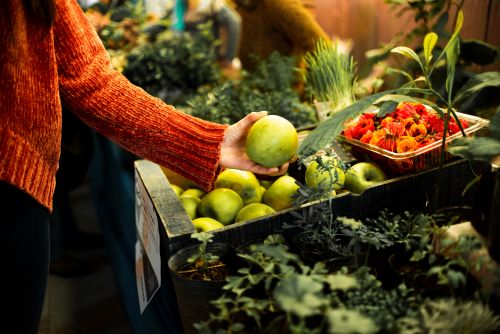577

The European food industry is undergoing a profound transformation. By 2030, the goals of climate neutrality, reduced import dependency, and the digitalization of supply chains will completely reshape the way food is produced, processed, and distributed within the European Union.
According to the European Commission (DG AGRI, 2025), the meat, dairy, and cereal sectors will be the first required to achieve a 30% reduction in emissions by 2030, under the European Green Deal. At the same time, Member States must ensure a minimum food self-sufficiency level of 85%, which will demand massive investments in processing technologies, logistics, and renewable energy.
Eurostat data (2025) show that investments in energy efficiency and waste reduction have increased by 18% compared to 2023, while the number of companies applying ESG standards has surpassed 60% of all actors in the European food industry. These figures confirm an accelerated transition toward sustainable production models.
The OECD (2024) estimates that, by the end of the decade, more than half of European agri-food producers will operate fully digital systems, using integrated traceability and predictive analytics. This technological progress will reduce logistics costs by 10–12% and food losses by up to 40%.
At the same time, the World Bank (2025) warns that climate pressures will continue to affect production costs, particularly through drought and raw material volatility. Therefore, strengthening resilience will become a strategic necessity, not merely an economic one.
For Romania, the FAO recommends accelerating investments in storage, processing, and transport infrastructure so that the local industry can actively participate in the reconfiguration of European supply chains.
By 2030, competitiveness will no longer be measured solely by price, but by sustainability, traceability, and autonomy. Europe is redefining its food industry through data, clean energy, and cooperation among states—a transformation that is no longer the future, but already the present.
(Photo: Freepik)





